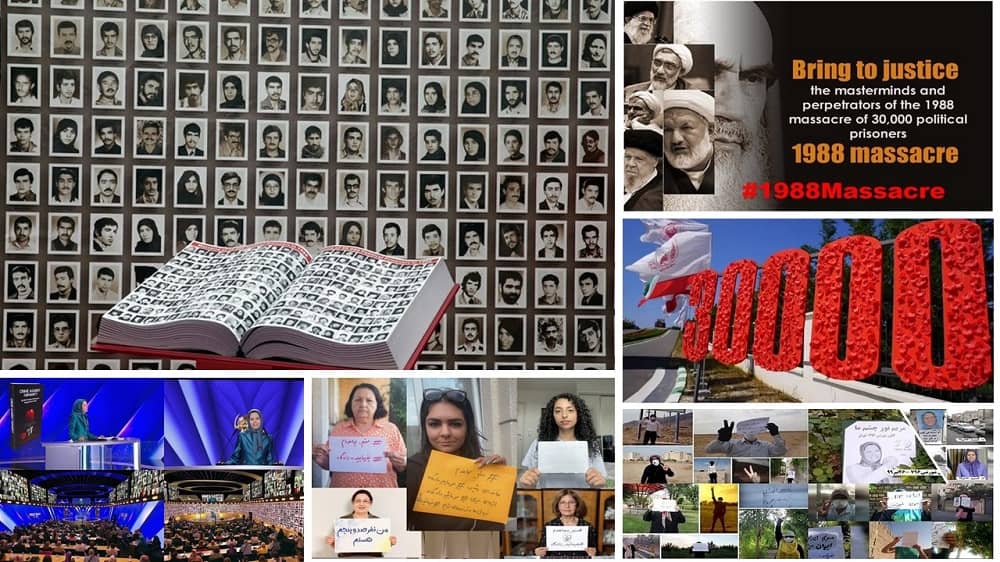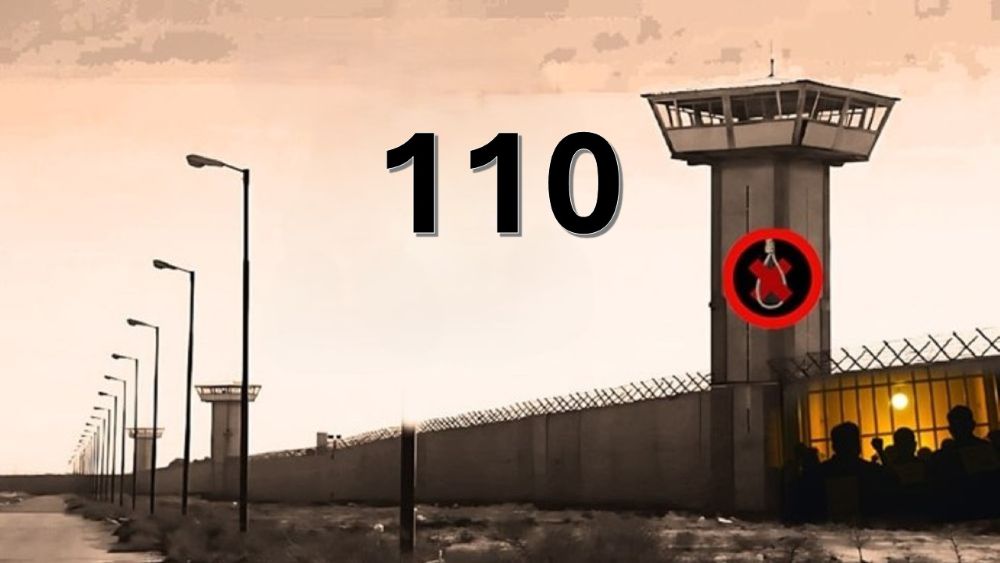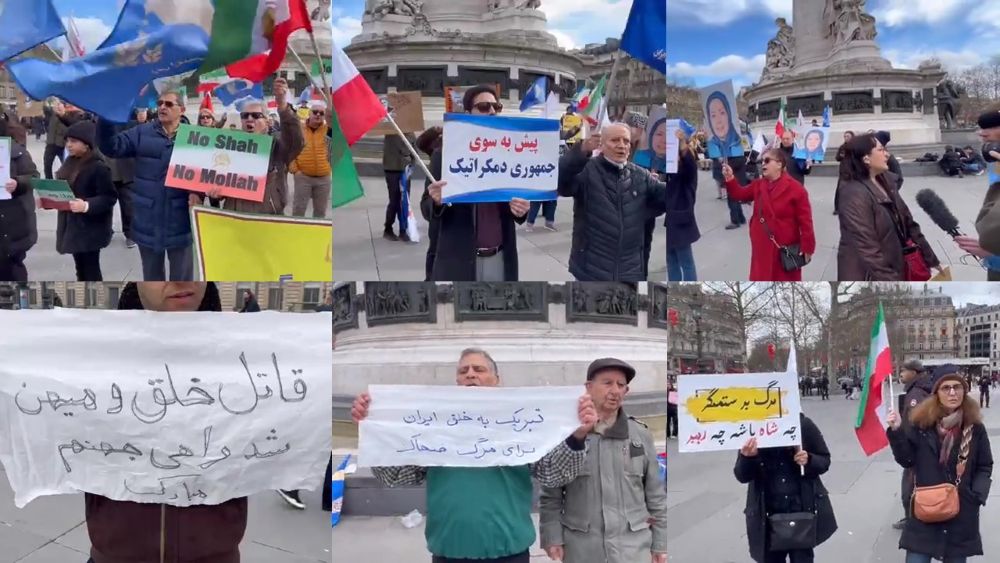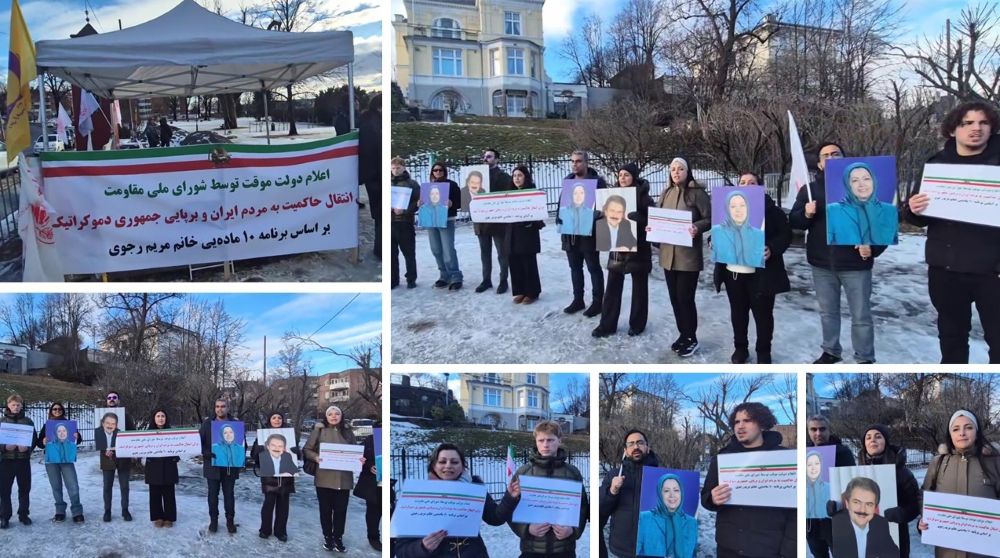
A pivotal incident that remains vivid in history occurred during the summer of 1988. During this time, the ruling authority carried out a harrowing act: the execution of over 30,000 individuals imprisoned for their political beliefs. The majority of these victims were affiliated with the People’s Mojahedin Organization of Iran (PMOI/MEK), including its members and supporters.
These executions were enacted upon the direct orders of Rouhollah Khomeini, the founder of the regime and its supreme leader at the time. This somber occurrence, recognized as the 1988 massacre, has been gaining increasing attention in recent times.
One particular event stands out: In the summer of 1988, the regime executed more than 30,000 political prisoners, mostly members and supporters of the People’s Mojahedin Organization of #Iran (#PMOI/#MEK). #1988Massacre #NoImpunity4Mullahs https://t.co/Wt1e1NavH1
— Iran Freedom (@4FreedominIran) August 10, 2023
In the previous year, a court in Sweden sentenced a former prison guard from Iran to two decades in confinement due to his involvement in the 1988 massacre.
Last year, a court in Sweden sentenced a former Iranian prison guard to 20 years in prison for his role in the 1988 massacre.#1988Massacre #NoImpunity4Mullahs #ProsecuteRaisiNOW #Iran pic.twitter.com/nd4REi847W
— Iran Freedom (@4FreedominIran) August 10, 2023
Legal experts and advocates for human rights from around the globe have assembled, compiling substantial evidence regarding this gruesome event. Their plea is for the highest echelons within the regime, notably President Ebrahim Raisi and Supreme Leader Ali Khamenei, to face prosecution.
The imperative to hold the perpetrators of the 1988 massacre accountable became the central focus of a comprehensive conference during the Free Iran 2023 World Summit. The growing activism concerning this massacre, ignited by the Justice Movement initiated by the Iranian Resistance, has stirred increasing unease among the regime’s officials.
Simultaneously, the surge of protests within Iran, coupled with the impactful contributions of the MEK Resistance Units, has fueled concerns among the regime’s leadership about the impending day of reckoning. Some officials within the regime express apprehension not only about their failure to eradicate the PMOI, but also about their inability to thwart the recruitment of young individuals into the organization’s ranks.
Some regime officials are expressing concern that not only did the regime fail in annihilating the #PMOI, but it has failed in preventing youth from joining their ranks.#1988Massacre #NoImpunity4Mullahs #ProsecuteRaisiNOW pic.twitter.com/c7lw4bqbob
— Iran Freedom (@4FreedominIran) August 10, 2023
Consequently, figures within the regime, along with their self-proclaimed experts, are struggling fruitlessly to distort the narrative surrounding the 1988 massacre, in an attempt to bolster the waning morale of their forces. However, the regime is powerless to halt the momentum generated by the sacrifices made by the martyrs of the 1988 massacre.
This is why the regime's figures and so-called experts are trying in vain to cast a different light on the 1988 massacre to lift the dwindling spirits of the regime’s troops.#1988Massacre #NoImpunity4Mullahs #ProsecuteRaisiNOW pic.twitter.com/rMXMKM0lVn
— Iran Freedom (@4FreedominIran) August 10, 2023
Today, the pursuit of justice for the victims of this massacre has evolved into a rallying cry for countless Iranians, both within the nation and across the global community. This unity was unmistakably showcased when the regime’s judiciary recently issued warrants for the prosecution of 104 members of the PMOI/MEK. Paradoxically, while the regime hoped this action would intimidate PMOI supporters, it instead illuminated the regime’s own transgressions.
In response, family members of the victims of the 1988 massacre worldwide have unequivocally demonstrated their readiness to participate in court proceedings, presenting irrefutable evidence of the regime’s atrocities in executing their loved ones.
Not only did the warrant intimidate the supporters of the #PMOI—the effect that the regime had wished for—but it had the reverse effect of shedding light on the regime’s own crimes.#1988Massacre #NoImpunity4Mullahs #ProsecuteRaisiNOW #WeSupportMEK pic.twitter.com/AwX79UoPwD
— Iran Freedom (@4FreedominIran) August 10, 2023
It has long been evident to Iranian officials that their regime’s days are numbered, and inevitably, they will face the reckoning of justice, whether sooner or later.
It has long dawned on Iranian officials that their regime is on borrowed time, and sooner or later, they will have to face justice.#1988Massacre #NoImpunity4Mullahs #ProsecuteRaisiNOW #Iran https://t.co/ZUKhi67unt
— Iran Freedom (@4FreedominIran) August 10, 2023



